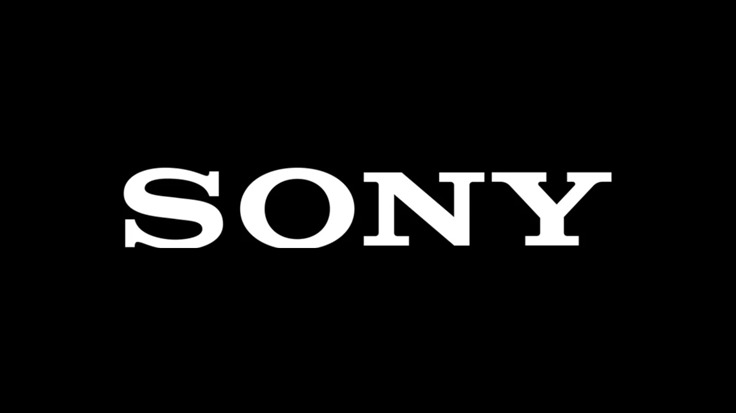Newcomer ransomware group RansomedVC claims to have successfully compromised the computer systems of entertainment giant Sony. As ransomware gangs do, it made the announcement on its dark web website, where it sells data that it’s stolen from victims’ computer networks.

The announcement says Sony’s data is for sale:
Sony Group Corporation, formerly Tokyo Telecommunications Engineering Corporation, and Sony Corporation, is a Japanese multinational conglomerate corporation headquartered in Minato, Tokyo, Japan
We have successfully compromissed [sic] all of sony systems. We wont ransom them! we will sell the data. due to sony not wanting to pay. DATA IS FOR SALE
Sony has yet to comment on the matter, and it’s important to understand that we only have one side of the story—and the side we have comes from a group of criminals. The claims of Sony’s compromise may yet prove false or, perhaps more likely, exaggerated.
If RansomedVC is to be believed though, Sony has not caved into the group’s demands for a ransom, so good for Sony, bravo. Sometimes businesses feel they have to pay their extortionists, and we aren’t going to judge anyone for making that choice. However, we’re definitely happy to applaud loudly when they don’t pay.
If Sony has been breached then its customers will be understandably concerned to safeguard their data. With information so thin on the ground it’s too early to offer specific advice, but we suggest you read our guide to what you need to know if you’re involved in a data breach.
Should it confirm the breach, Sony will join a fairly lengthy list of games and entertainment companies that have had data stolen or ransomed. Games companies are prime targets for theft and extortion because of the high value and high profile of their intellectual property.
Notable victims have included Capcom and Ubisoft in 2020, and CD PROJEKT RED, makers of Cyberpunk 2077 and Witcher 3, in 2021, the same year that FIFA 21 source code stolen from Electronic Arts. In 2022 Bandai Namco was attacked by ransomware, and Rockstar Games suffered a serious breach at the hands of the short-lived Lapsus$ gang.
RansomedVC is a new ransomware group, first tracked by Malwarebytes in August 2023 after it published the details of nine victims on its dark web site. The only departure it makes from the usual cut ‘n’ paste criminality of ransomware groups is that it threatens to report victims for General Data Protection Regulation (GDPR) violations. It describes itself as a “digital tax for peace”, but of course it isn’t. We’ve heard this a million times before, and it’s always just a cash grab.
How to avoid ransomware
- Block common forms of entry. Create a plan for patching vulnerabilities in internet-facing systems quickly; disable or harden remote access like RDP and VPNs; use endpoint security software that can detect exploits and malware used to deliver ransomware.
- Detect intrusions. Make it harder for intruders to operate inside your organization by segmenting networks and assigning access rights prudently. Use EDR or MDR to detect unusual activity before an attack occurs.
- Stop malicious encryption. Deploy Endpoint Detection and Response software like Malwarebytes EDR that uses multiple different detection techniques to identify ransomware, and ransomware rollback to restore damaged system files.
- Create offsite, offline backups. Keep backups offsite and offline, beyond the reach of attackers. Test them regularly to make sure you can restore essential business functions swiftly.
- Don’t get attacked twice. Once you’ve isolated the outbreak and stopped the first attack, you must remove every trace of the attackers, their malware, their tools, and their methods of entry, to avoid being attacked again.
Malwarebytes EDR and MDR removes all remnants of ransomware and prevents you from getting reinfected. Want to learn more about how we can help protect your business? Get a free trial below.










